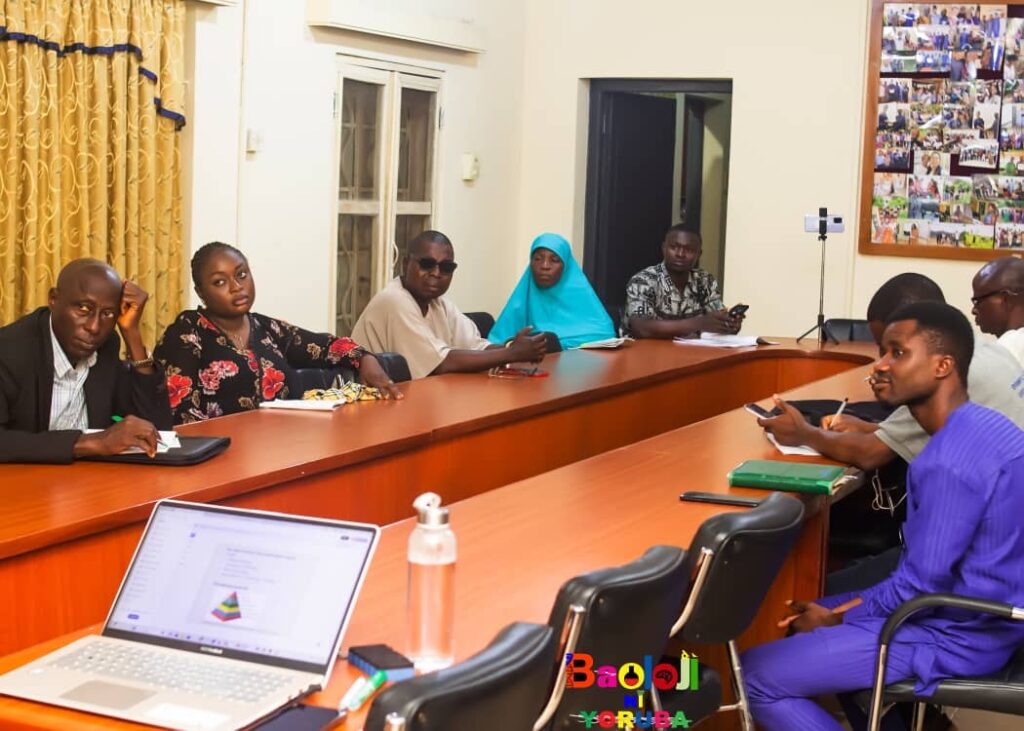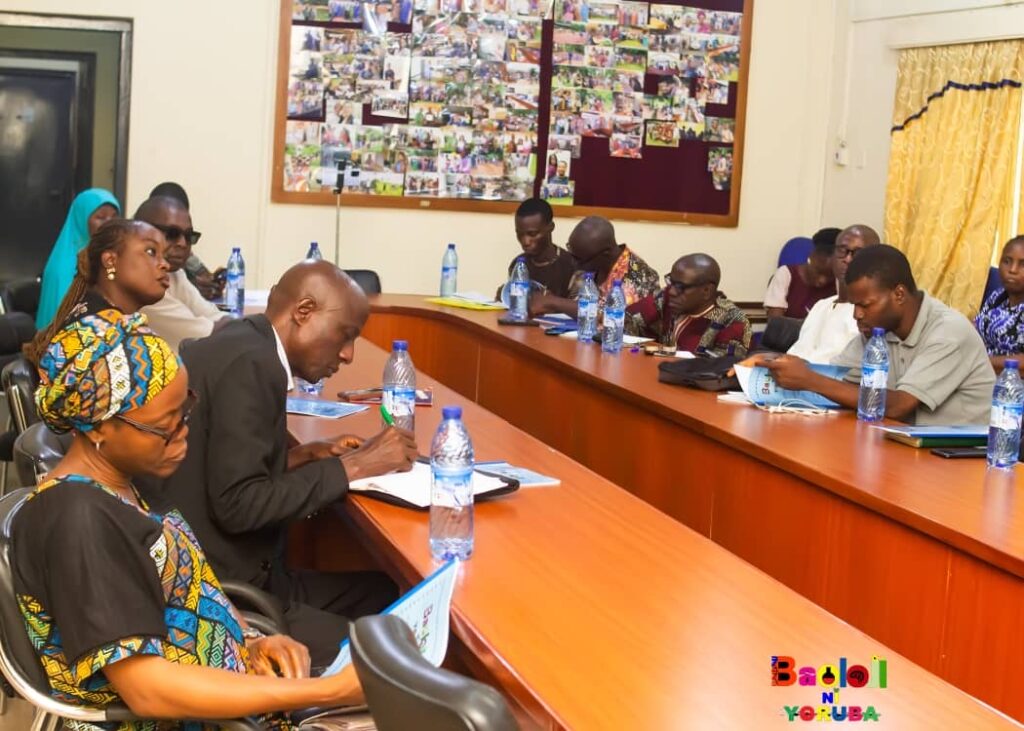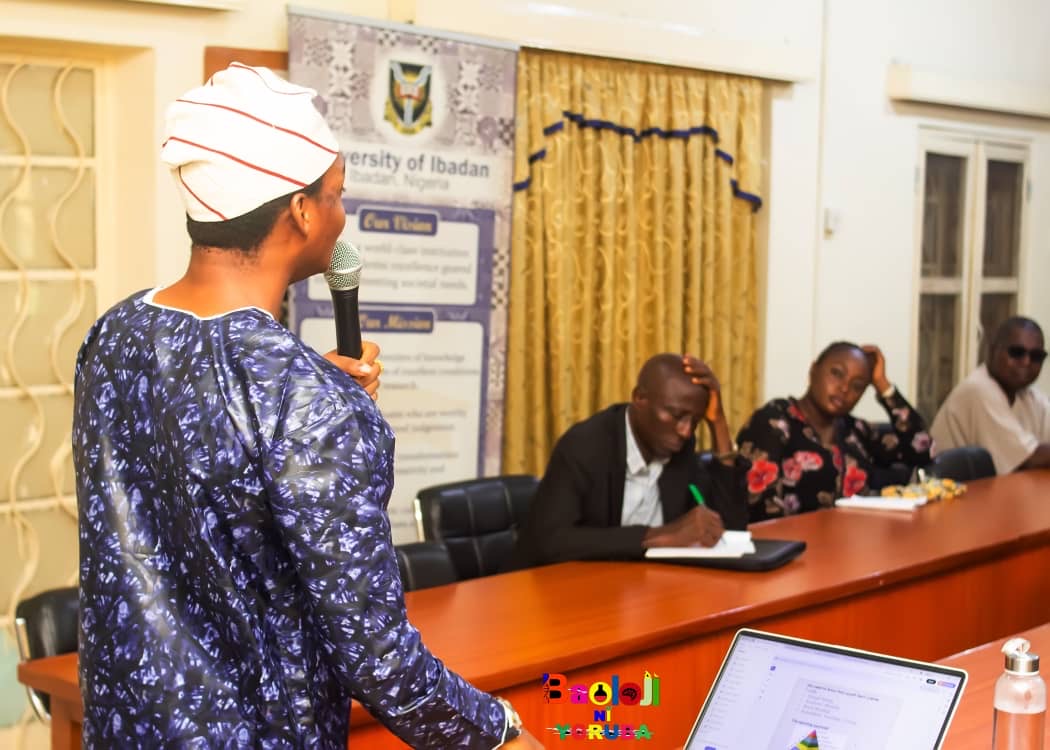by Opeyemi Quadri
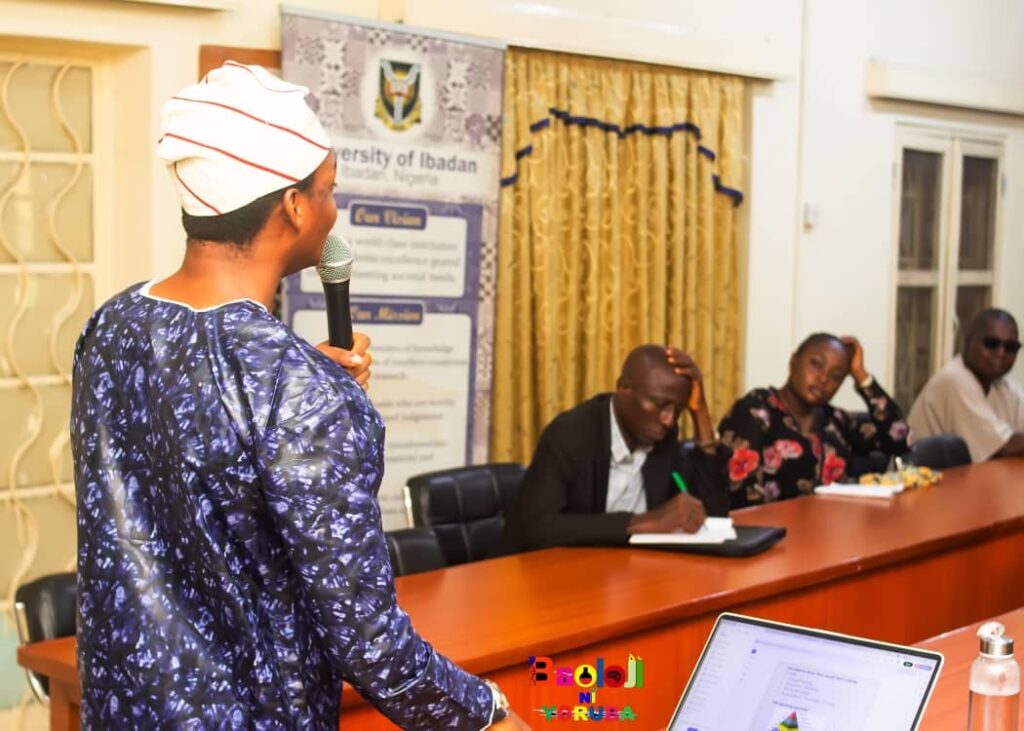
While the world we live in today is vast in science and technology and governed by ever-increasing discoveries, inventions and innovations, our dear country, Nigeria is behind in Science and Technology education. It is a known fact that Science and Technology have a symbiotic relationship. Science produces an abstract commodity of knowledge which becomes the raw materials for technology. Thus, whatever bedevils science will bedevil technology, as one cannot be taken from the other.
Nigeria is undergoing significant demographic changes, with a rapidly growing youth population that requires a robust educational framework to meet their needs.
Nelson Mandela stated, “Education is the most powerful weapon to change the world. Well, there might be many weapons to change the world, but education is at the forefront. Despite all the great contributions that science has made toward achieving sustainable livelihoods, Nigeria’s science development is still retarded, due to limited resources, inadequate teacher training, outdated learning materials which hinder science teaching effectiveness, mistrust that stems from public ignorance and the inability of science teachers to teach in the Mother tongue.
Science literacy is the ability to understand basic key scientific concepts and processes and to use this knowledge to make more informed personal decisions to better engage with society. It is a fact that Biology is an important subject in senior secondary schools across Nigeria, especially considering its relevance in understanding life sciences, health, and environmental issues. It enhances health literacy, critical thinking and scientific literacy, equipping students with the skills to analyse and interpret information. A foundational understanding of biology also promotes environmental responsibility and awareness of sustainability issues. Many non-science disciplines, such as psychology and sociology, benefit from a foundational understanding, of biology.
Due to high science illiteracy, inadequate funding, inadequate training for science teachers, in Nigeria, Biology Education is still taught as a discrete subject and, the goal of science education should not be to transfer knowledge but to nurture a scientific mindset, enabling students to explore, question, and analyse the world around them. For Nigeria to develop, our science education must involve the ability to apply relevant knowledge of science in everyday life. To advance innovation, there is a need for effective science literacy efforts in schools, which is the driving force behind the BIOLOGY IN YORUBA’s IMO EDA PEDAGOGY WORKSHOP FOR BIOLOGY TEACHERS.
The IMO EDA PEDAGOGY WORKSHOP FOR BIOLOGY TEACHERS is a free professional capacity-building workshop organised by Moshood A. Abiola (Lead-trainer) and Samuel Ajayi-Waldorf (Co-trainer) in partnership with The Pollination Project Foundation, NC. The workshop entails the training of Biology teachers from public schools using internationally accepted modern and homegrown standards of good theoretical and practical knowledge of biological sciences. Twenty (20) Biology teachers were selected from 20 government secondary schools in Oyo State, for the free Pedagogy workshop which exposed and sharpened their abilities in science learning, and science teaching. Moshood A. Abiola, the Lead-trainer stressed that what students learn is greatly influenced by how they are taught.
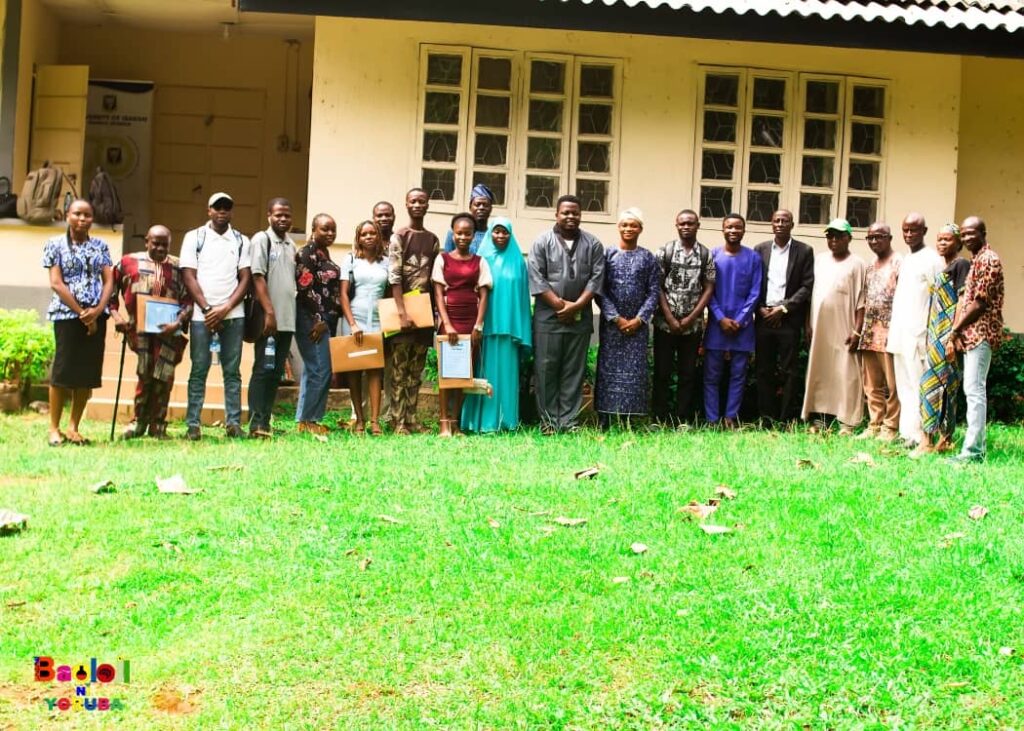
The actions of teachers are deeply influenced by their perceptions of science as an enterprise and as a subject to be taught and learned. Student understanding is actively constructed through individual and social processes.
The lead trainer used the Bilingual languages of Yoruba and English in explaining various biological concepts to enrich the knowledge of Biology teachers so they can further teach their students in a better and more modern way. Language is the basis of communication among humans, teaching and learning depend effectively on the language of communication
. Three Biology topics were taught at the workshop, and many biological concepts were explained to the biology teachers in Yoruba and English languages. At the Biology In Yoruba Pedagogy workshop, Biology Teachers were admonished to desist from Relying solely on textbooks, as this can result in outdated information, lack of hands-on experience, and failure to address real-world applications.
Moshood Abiola, the lead trainer also implored biology teachers to transmit knowledge by encouraging inquiry, exploration, or discussion to awaken students’ natural curiosity and creativity. The teachers were encouraged to use real-world experiments to make biological topics relatable to students’ lives. Additionally, the 20 Biology teachers who attended the workshop were provided with free Bilingual Biology course materials, Certificates of participation, refreshments and Transport logistics. The training organisers ensured the use of Eco-friendly materials, following SDG 13. The trainees were also educated on better preparedness for the challenges of the 21st century, including climate change and sustainable development.
The Biology teachers who are the attendees of the Pedagogy training highlighted a few of the challenges hindering the dissemination of biology lessons in their respective schools, such as the Lack of Technology-Based Teaching, Outdated Curriculum, zero access to grants and funding for scientific research, limiting opportunities for innovation and advancement in various scientific fields, and Inappropriate instructional strategies which are ultimately affecting student learning outcomes.
At the end of the workshop, The Biology In Yoruba crew, organisers of the Imo Eda Biology Pedagogy Training assured the teachers of subsequent trainings with resources like anatomical models and access to mentors in biology fields, helping students and teachers transition from theoretical learning to problem and solution-based learning that fosters a mindset of exploration, resilience and discovery.
The organisers also assured the teachers of collaboration with significant stakeholders in Nigeria’s educational sector to address the challenges stated by the biology teachers to set clear expectations for future developments.
